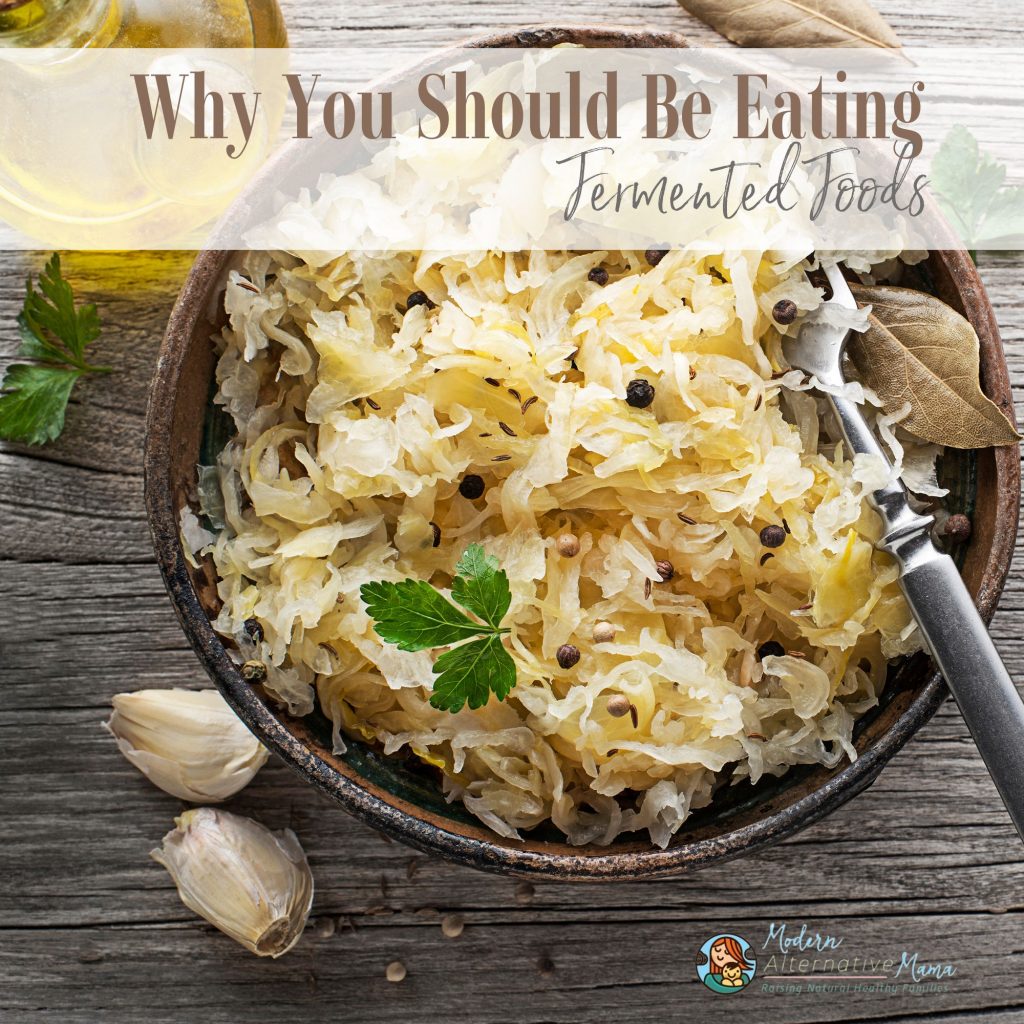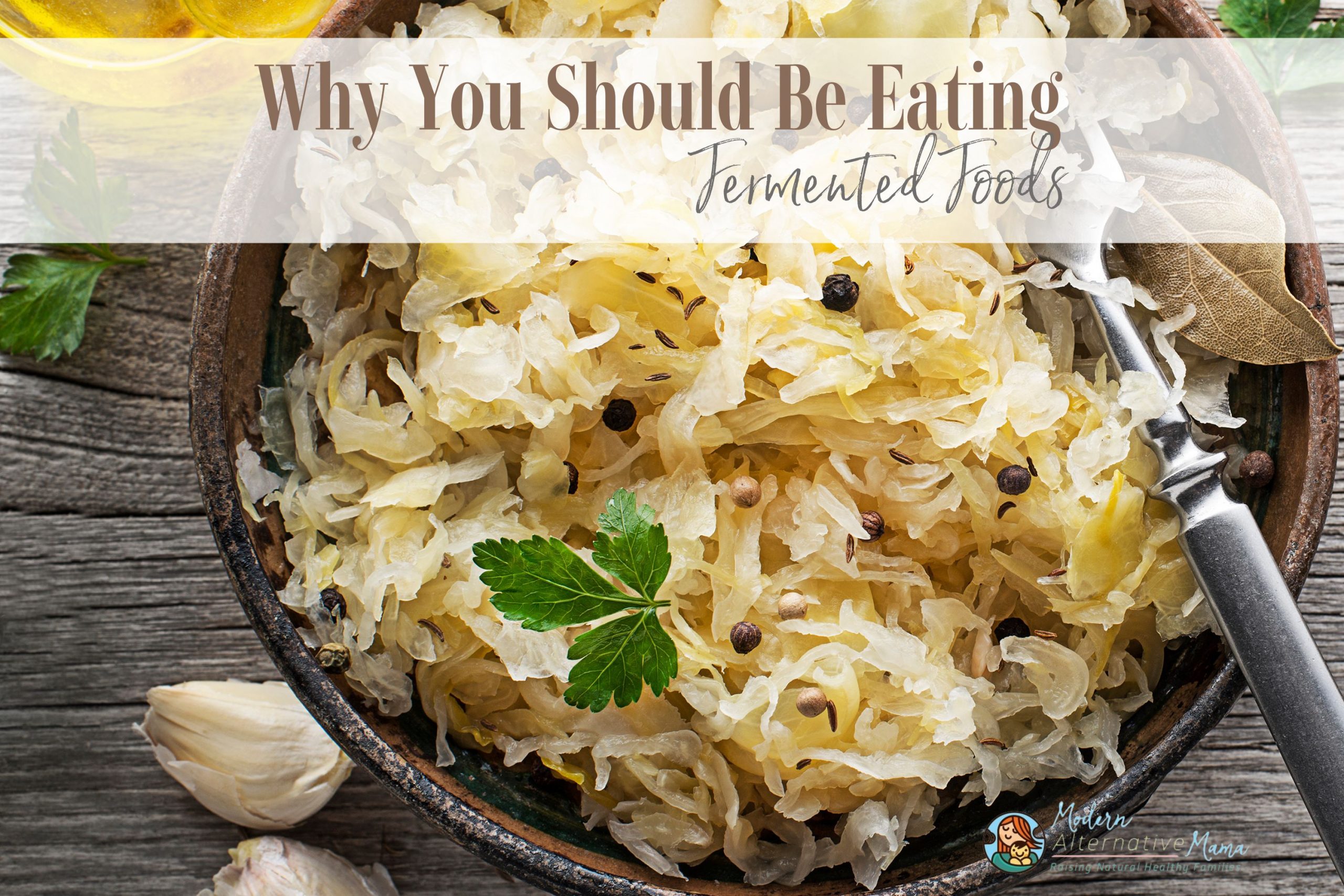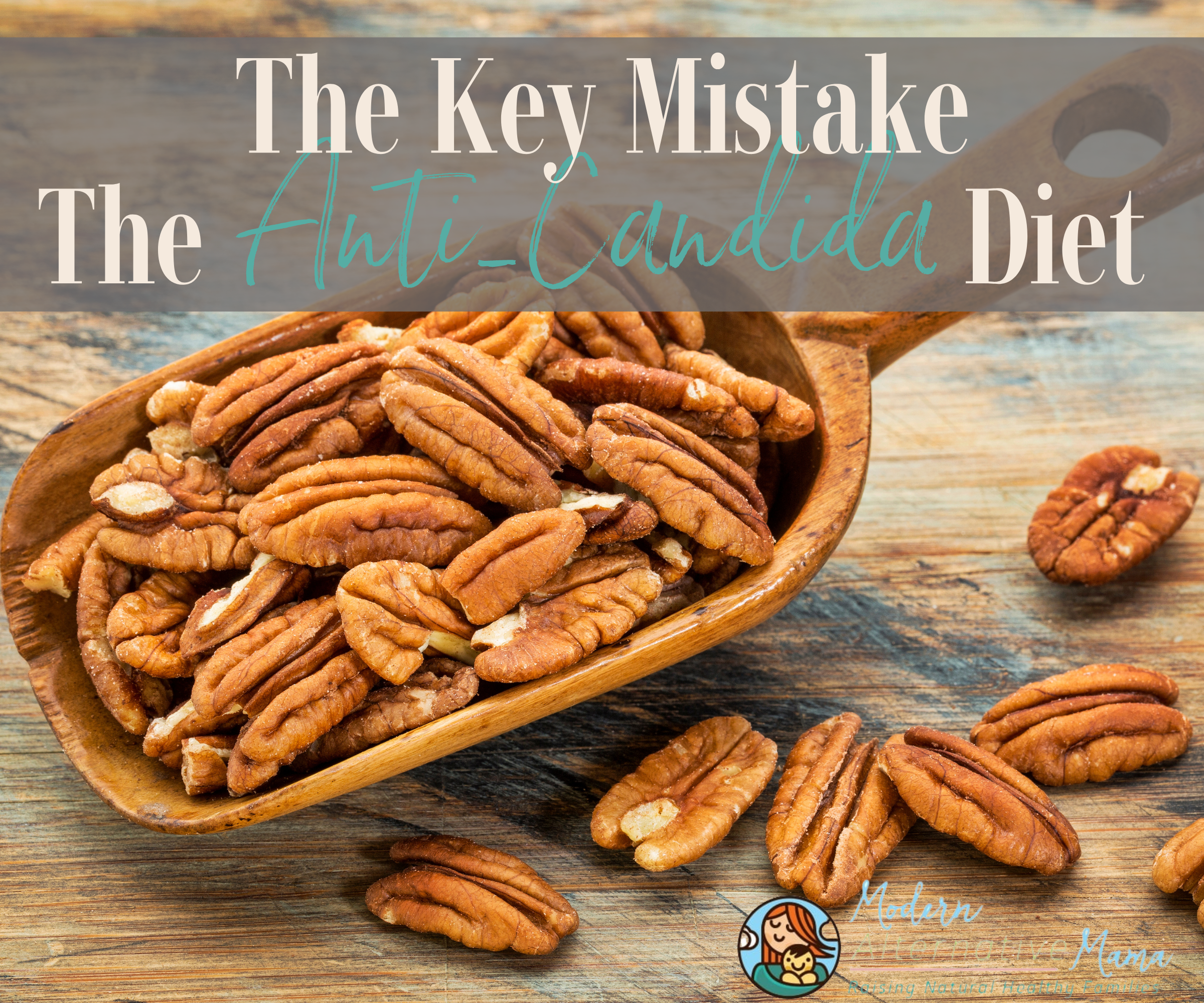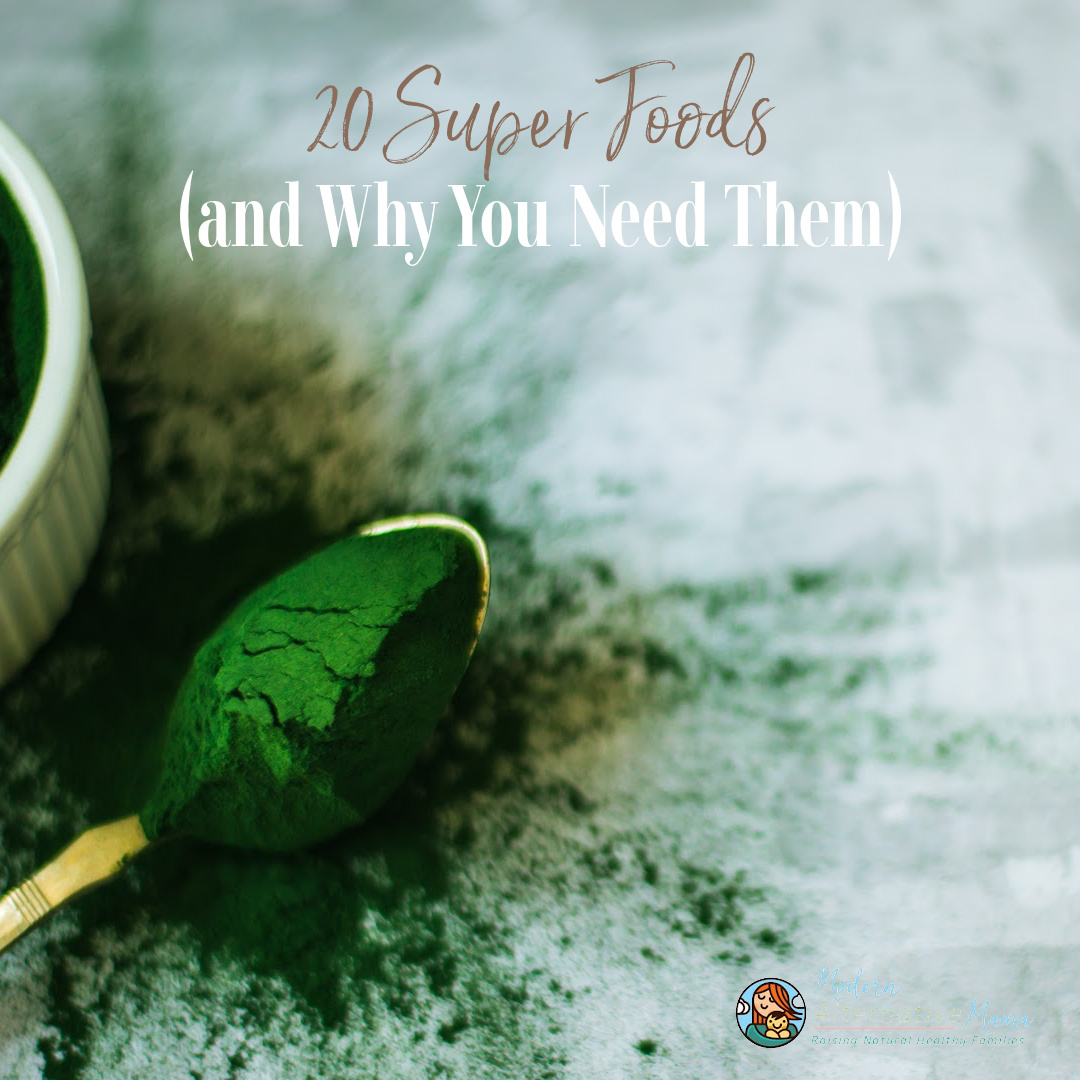Fermented foods have been around for centuries- and with good reason! Let’s take a look at the process and benefits.
By Beth, Contributing Writer
Ferment – What?
Fermented foods are all the rage online these days. You’ll find tons of tutorials on fermenting everything from veggies to ketchup and even something called kefir. But why? Why has everyone jumped on board the fermentation bandwagon, and what’s the point of it all? Let’s take a look.
Fermentation: Not Something New
The use of fermentation dates back centuries. From sauerkraut in Germany to kimchi in Korea, cultures have always been using different methods to preserve food.
The lactic acid created during the fermentation process creates an acidic environment free of the oxygen that would typically cause food to spoil, hence preserving the food. Not only does this process give the food a longer shelf life, but it also comes with a long line of benefits for the body!
Methods
There are many different methods of fermentation, each characterized by culture and the product being fermented.
Fact: Lacto-fermentation is often misunderstood as referring to milk-based fermentation, which isn’t true. The prefix “lacto” refers to the lactobacillus bacteria first found in cultured milk products like yogurt and hence derived their name. All fermentation is lactic fermentation – including vegetables, bread, and fruits.
Starter-based Vs. Wild Fermentation
Starter-Based Ferments:
· Are usually done faster
· Allow you to pinpoint specific bacteria
· Are necessary for many common ferments like kefir and yogurt
While whey is most likely the most commonly used starter, there are other options, such as grains or pulling from an active ferment.
Wild Fermentation
· Naturally occurring
· It Takes longer to reach the whole ferment
Wild fermentation refers to the reliance on naturally occurring bacteria and yeast to ferment food.
How Is This Beneficial to One’s Health?
So that leads us to the fundamental question – how are fermented foods beneficial to your health?
The process of fermentation provides far more than just a longer shelf life. These include B- vitamins, omega-3 fatty acids, phytates, and probiotics. Let’s take a closer look at why you want these things:
B Vitamins (including folic acid, riboflavin, niacin, thiamin, and biotin). Each of these is important in the upkeep of bodily functions.
Omega-3 fatty acids are not made in the body, so they must come from your diet. Omega 3’s have been linked to improving ADHD, Alzheimer’s, depression, arthritis, and more, not to mention the huge boost they give to your immune system.
Fermented foods are rich in probiotics. Probiotics are beneficial bacteria (yes, bacteria can be good!) that aid in digestion and support your immune system! Studies have shown links between probiotic foods and increased overall health.
Natural fermentation helps decrease the phytates in foods that prevent nutrients from being absorbed and helps us better absorb these.
Kombucha is often a fermented beverage that is often credited with helping many ditch their soda habits. Its bubbly texture and the ability to customize its flavor makes it a winning replacement.
Practical Use
On the practical side, producing your fermented food and beverages can extend your benefits beyond just health. You’ll find that they have a longer shelf life, are easy to replicate repeatedly, and make great use of the garden vegetables you can’t eat fresh! Kombucha is a fermented beverage often credited with helping many ditch their soda habits. Its bubbly texture and the ability to customize its flavor make it a winning replacement.







